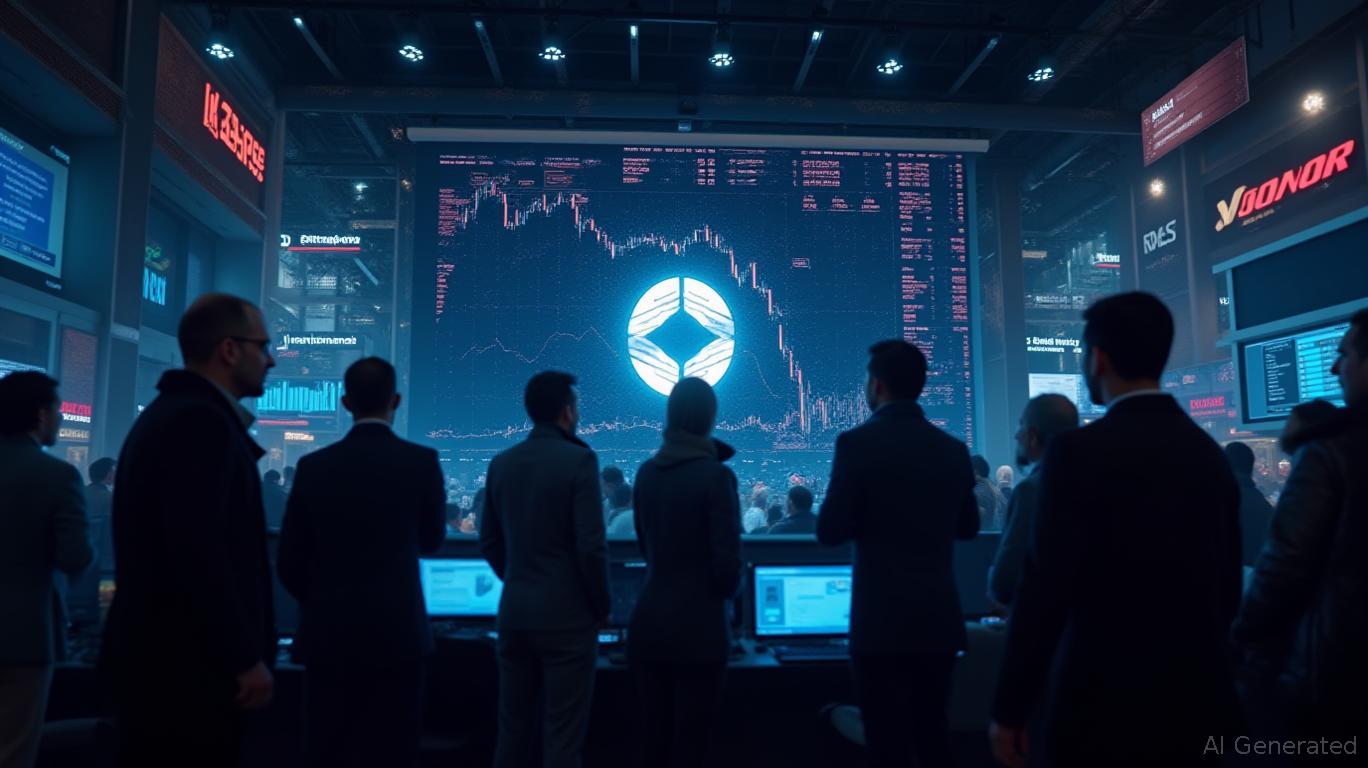Intel (INTC.US) amends CHIPS Act agreement to receive $5.7 billion in cash in advance to enhance flexibility
According to Jinse Finance, Intel (INTC.US) announced on Friday Eastern Time that it has amended its CHIPS Act funding agreement with the U.S. Department of Commerce, removing previously set project milestone requirements and receiving approximately $5.7 billion in cash in advance. This move will provide Intel with greater flexibility in the use of funds.
This revised agreement is based on adjustments to the initial financing agreement from November 2024, while retaining some restrictive clauses: prohibiting Intel from using these funds for dividend distributions and stock buybacks, prohibiting certain changes in controlling ownership transactions, and prohibiting business expansion in specific countries.
As part of the agreement, Intel has issued 274.6 million shares to the U.S. government and has committed that, under certain conditions, the government can additionally subscribe for up to 240.5 million shares (i.e., the government obtains warrants).
Intel stated that it has deposited 158.7 million shares into an escrow account, which will be officially released after the government allocates more CHIPS Act funds for the "Secure Enclave program" aimed at expanding advanced chip manufacturing capacity.
The company also revealed that it has already invested at least $7.87 billion in projects that meet CHIPS Act funding requirements.
This time, the U.S. government has obtained a 9.9% equity stake in Intel. In addition, U.S. President Donald Trump stated that he plans to promote more similar deals, which has sparked doubts about the future development prospects of American enterprises.
Intel said that the U.S. government's $8.9 billion investment this time, combined with the $2.2 billion subsidy previously received by Intel, brings the total amount of government funding support it has received to $11.1 billion.
Intel CFO David Zinsner said at an investor conference on Thursday that the U.S. government's recently announced equity plan is essentially an incentive for Intel—aimed at encouraging Intel to continue to control its contract manufacturing business (i.e., foundry business).
Disclaimer: The content of this article solely reflects the author's opinion and does not represent the platform in any capacity. This article is not intended to serve as a reference for making investment decisions.
You may also like
BlockDAG’s 2,900% ROI and Scalable DAG Architecture: A Disruptive Force in 2025’s Crypto Market
- BlockDAG’s hybrid DAG-PoW architecture achieves 10,000–15,000 TPS, surpassing Ethereum and Stellar, with 2,900% ROI for early presale investors. - $386M raised in presale with 25.5B tokens sold, including $8.7M whale purchases, supported by Halborn and CertiK security audits. - 2.5M mobile miners and 19,000+ ASICs drive adoption, while partnerships with Inter Milan and 20+ exchanges boost institutional credibility. - Projected $1 token price implies 3,233% ROI for new investors, positioning BlockDAG as a

Reddit sunsets Collectible Avatar Creator Program and shifts royalties to artists

Solana News Today: Investor Focus Shifts: Solana's Speed and Pepe's Momentum Lead Altcoin Charge
- Analysts highlight Solana (SOL) and Pepe (PEPE) as top altcoin growth picks for 2025, driven by technical execution and market momentum. - Solana’s high-throughput blockchain and expanding DeFi/Web3 ecosystem position it as a key infrastructure player with institutional appeal. - Pepe’s meme-driven surge, fueled by social engagement and liquidity, reflects investor appetite for community-backed tokens with viral potential. - Market trends favor projects with real-world utility and transparent governance,

DeFi's Resilience Defies Centralized Control Efforts
- Fold CEO asserts DeFi will survive centralized control attempts, emphasizing its open-access and user-sovereignty principles. - Regulatory scrutiny and cyber threats like credential theft and zero-day exploits highlight security challenges in DeFi. - Institutional interest and AI-driven security tools signal evolving infrastructure to mitigate risks and enhance resilience. - Short-term consolidation is expected as projects adapt to regulations, while decentralization resists unilateral control.

